Challenges and Prize Competitions
Our program engages a diverse group of people from all over the country to collaborate and stimulate innovative ideas.
Challenges and Prize Competitions
We organize Challenges and Prize Competitions to discover creative solutions to critical issues. See our open Challenges below.
Learn more about Challenges across the federal government.
Open Challenges
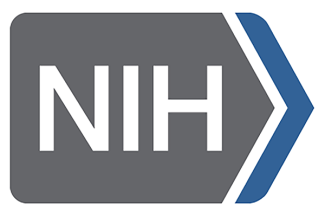
The Targeting RNA in Disease With Novel Technologies (TRDNT) Challenge – Phase I
The Targeting RNA in Disease With Novel Technologies (TRDNT) Challenge – Phase I is the latest initiative from the NIH’s Common Fund Venture Program. The Program provides a framework for advancing short-term initiatives that embrace bold approaches and align with the shared priorities of NIH institutes and centers and the Office of the Director. The goal of the TRDNT Challenge is to help design, test and distribute a publicly available suite of novel RNA-targeting technologies for new therapeutic classes that can lead to the development of precision RNA-targeted therapies. These therapies would be used to treat diseases that either (1) are caused by difficult-to-drug protein targets (proteins unlikely to be controlled with a small molecule) that could be treated upstream at the RNA level, or (2) currently have no cure but have roots in RNA dysfunction.
The total prize purse from NIH for Phase I of this Challenge is up to $500,000. NIH expects to build on Phase I and launch two more phases to award additional cash prizes of up to $12.6 million, for a total planned cash prize purse of $13.1 million, awarded over distinct phases, as shown below. However, announcement of these additional phases and prizes of this Challenge is at the discretion of NIH and depends on the availability of appropriated funds for this purpose.
- Phase I: Planning Comprehensive RNA-Targeting Technologies – $20,000 per winner; up to 25 winners
- Phase II*: Prototype Development and Use Case Demonstration (Open to all participants, Phase I participation not required)
- Interim Milestone: up to $120,000 per winner; up to 25 winners
- Final Phase II Submission: up to $320,000 per winner; up to 15 winners
- Phase III*: Final Iteration and Technology Dissemination (Open to Phase II final winners only) – up to $525,000 per winner; up to eight winners.
- Runner-up: up to $200,000 per winner; up to three winners.
* Phases II and III will be launched through future announcements that convey requirements and registration details, as well as final prize amounts.
For additional information and registration instructions, visit the Targeting RNA in Disease with Novel Technologies (TRDNT) Challenge webpage.
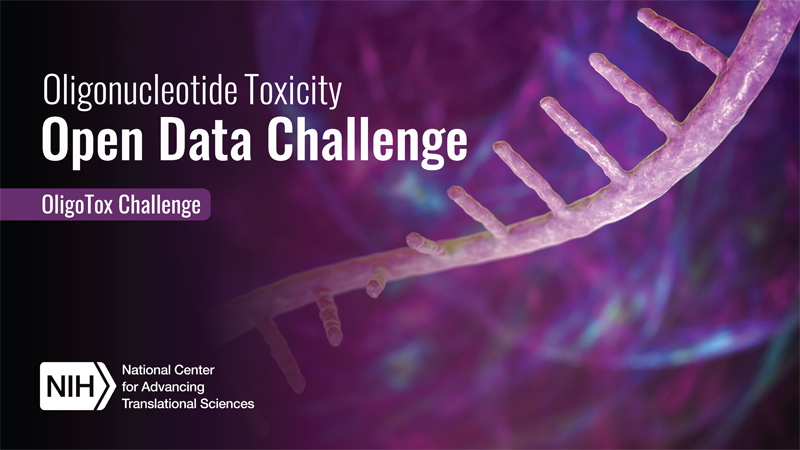
Oligonucleotide Toxicity (OligoTox) Open Data Challenge
The Oligonucleotide Toxicity (OligoTox) Open Data Challenge is a two-phase prize competition that has the goal of creating publicly accessible, high-quality datasets from in vitro human-based systems that can lead to development of improved in silico models for predicting toxicity of an oligo based on its sequence, chemical modifications, etc. The first phase (Ideation Phase) will focus on ideation by proposing data from in vitro human-based systems that can be collected and used in predicting the toxicity of a candidate oligo therapeutic. This in vitro human-based data may be supplemented by data from in vitro and in vivo animal models to improve predictive parameters and inferences. The second Data Generation Phase will incentivize the collection, generation, and contribution of this data in creating a high-quality open dataset that can be released for public access for use in training and improving predictive models of oligo toxicity. Both phases require following proper data management practices (e.g., as noted on this NIH Scientific Data Sharing webpage) as transparency and reproducibility will be critical factors for successful dissemination of these datasets for use by the broader scientific community.
View the Announcement of Requirements and Registration for the Oligonucleotide Toxicity (OligoTox) Open Data Challenge (PDF - 129KB)
View the NIH OligoTox Open Data Challenge Participant Registration (PDF - 800KB)
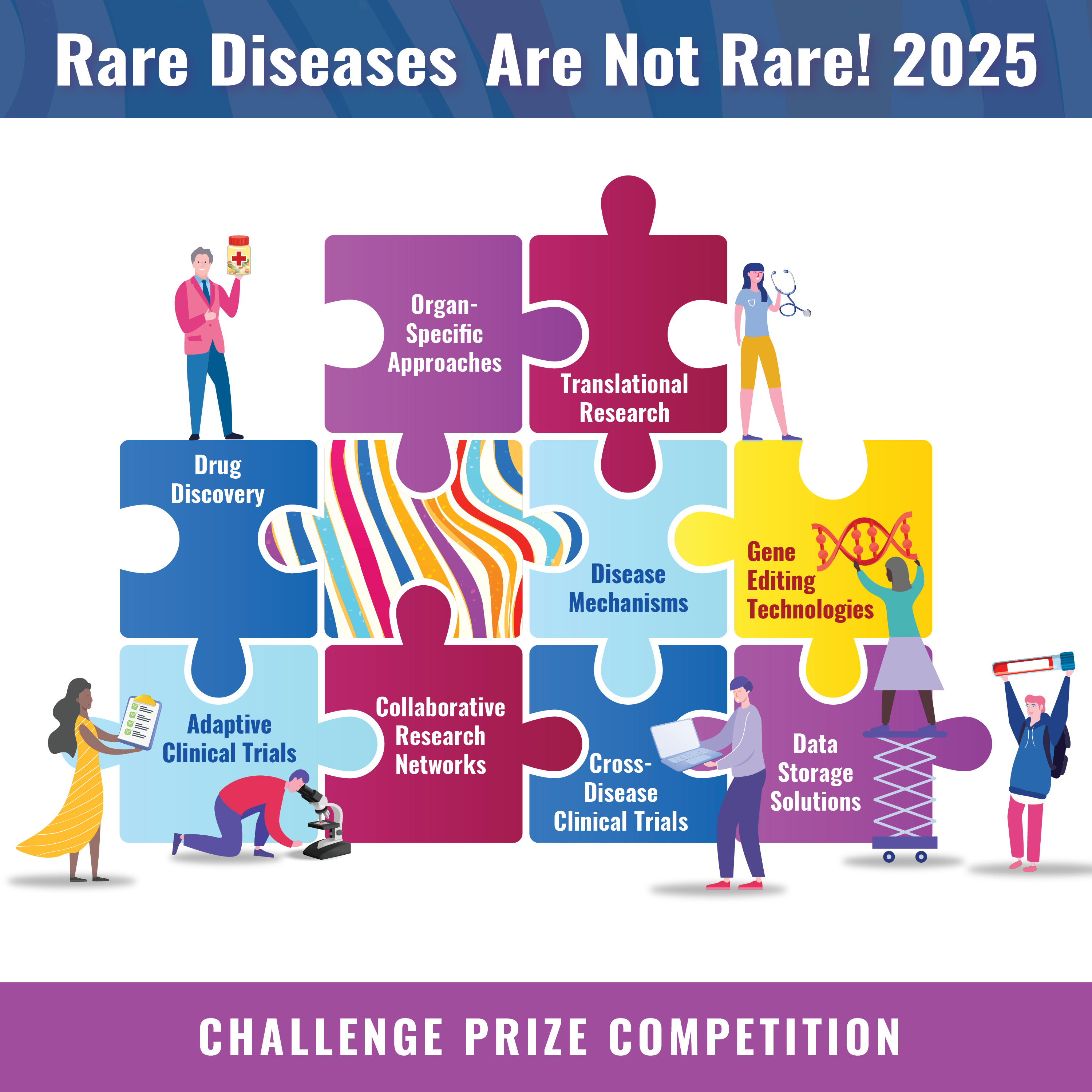
NCATS Rare Diseases Are Not Rare! 2025 Challenge Prize Competition
More than 10,000 known rare diseases affect millions of people across the United States. The Rare Diseases are Not Rare! 2025 Challenge Prize Competition is helping to raise awareness of the importance of rare diseases research and the benefit of identifying solutions to address multiple rare diseases at a time. We welcome creative and original work that can inspire action and shine a light on the rare disease community!
See the 2020 Challenge Winners and Honorable Mentions
See the 2018 Challenge Winners and Honorable Mentions
For additional information and registration instructions, visit the NCATS Rare Diseases Are Not Rare! 2025 Challenge Prize Competition webpage.

NIH Quantum Computing Challenge
NIH Quantum Computing Challenge aims to catalyze the identification of novel applications of quantum computing approaches to apply toward use cases within clinical, translational, and biomedical problem areas. The Challenge will have two stages: Ideation and Planning followed by Quantum Algorithm Development, and Implementation on Quantum Hardware. NIH-NCATS intends to award a total prize purse of up to $1,300,000 across the two stages of Quantum Computing Challenge. The three areas of interest for the current Challenge include:
- Quantum Algorithms for Drug Discovery
- Quantum Algorithms for Clinical Risk Predictions, Diagnosis and Therapeutics
- Quantum Algorithms for Biomedical Imaging and Genomic Data Analysis
See the Stage 1 Challenge Winners
Registration information and complete submissions (PDF files) must be sent via email to NIH Quantum Challenges.

NIH Quantum Sensing Technology Challenge
The NIH Quantum Sensing Technology Challenge aims to spur innovative applications of existing quantum-enabled sensing technologies and to adapt and optimize them for use in biomedical research and clinical settings. The Challenge will have two stages: Ideation and Planning followed by implementation. The total prize purse for the Quantum Sensing Challenge will be up to $1,600,000 across two stages. The three areas of interest for the current challenge are the following:
- Quantum-enabled Sensing Approaches to Advance Biomedical Applications
- Quantum-enabled Sensing Approaches for Early Detection and Diagnostics
- Quantum-enabled Sensing and Imaging Devices for Diagnostics and Monitoring
See the Stage 1 Challenge Winners
Registration information and complete submissions (PDF files) must be sent via email to NIH Quantum Challenges.
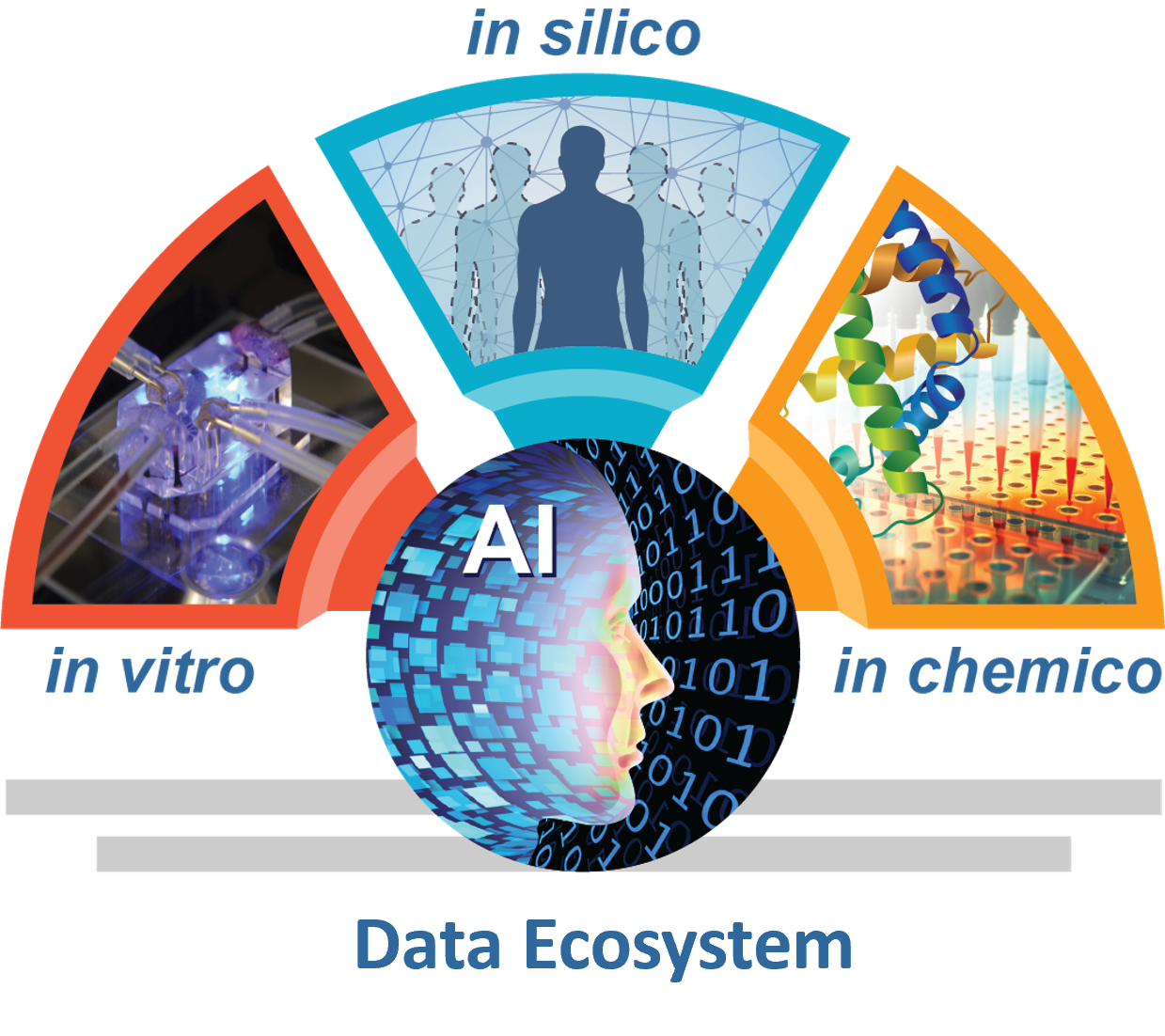
Complement-ARIE Challenge
The Complement-Animal Research In Experimentation (Complement-ARIE) program is looking for ideas to boost the creation, standardization, validation, and application of New Approach Methodologies that better imitate human biology. Solutions should include cutting-edge innovations using cell or tissue experiments (in vitro), computer simulations and modeling (in silico), or biochemical assays (in chemico) to replicate human biology, either individually or in combination. It’s important that solutions show a significant step forward from the current advanced technologies.
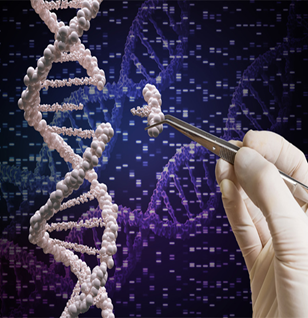
TARGETED Challenge
The TARGETED (Targeted Genome Editor Delivery) Challenge aims to advance genome editing delivery technology by sourcing innovative solutions for delivering gene editors to somatic cells.
Challenge and Prize Competition Winners
Learn more about our past challenges and the winners.


